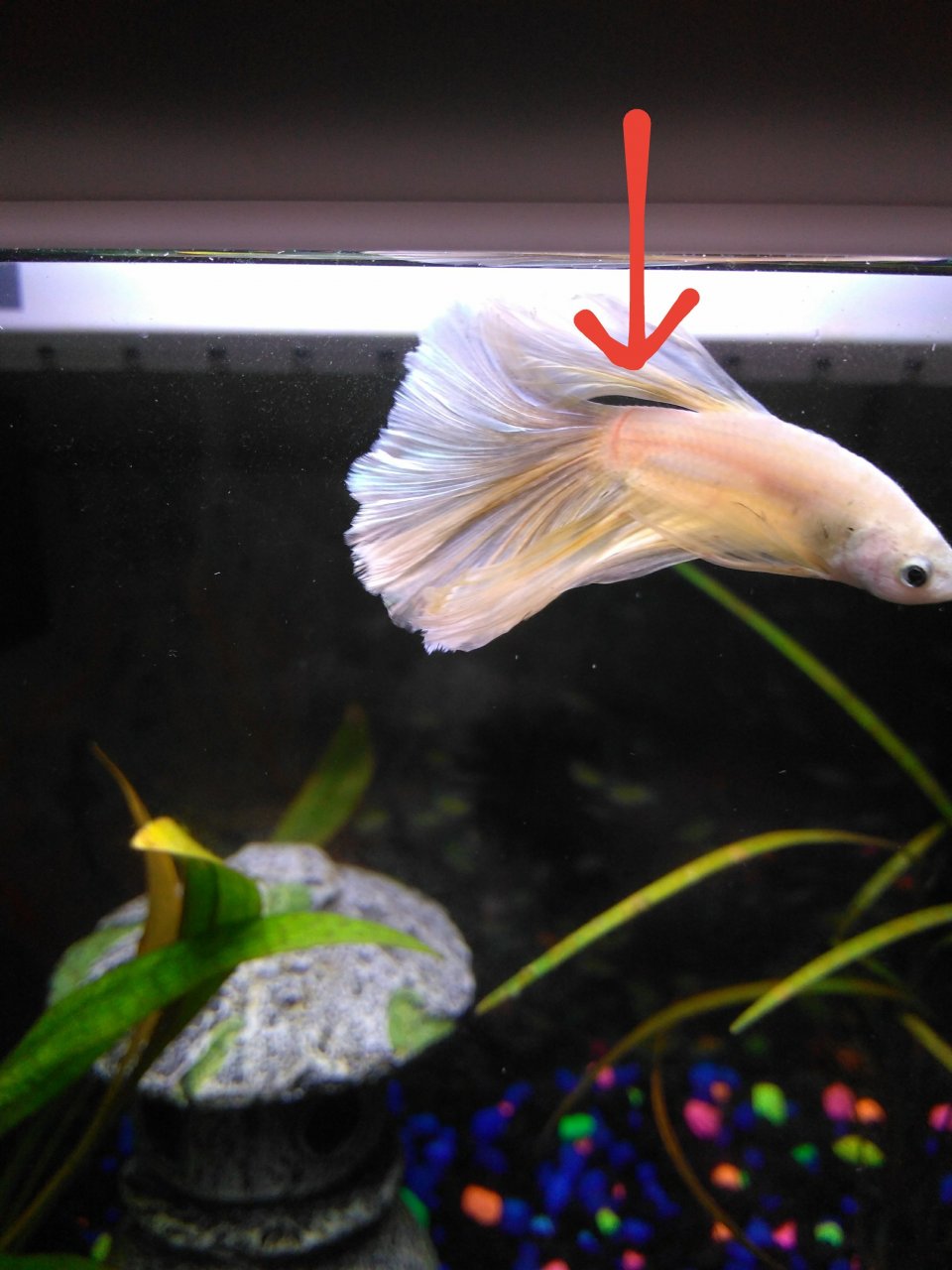Diagnosing & Treating Septicemia for a Betta Fish

credit: My Aquarium Club
Worried your betta is suddenly lethargic, not eating, or showing strange red streaks on its body?
These can be signs of septicemia—a dangerous bacterial infection that can kill your betta if not treated fast. Here’s what you need to know (and do!) to give your betta the best chance of recovery.
What Is Septicemia in Betta Fish?
Septicemia—sometimes called “blood poisoning”—happens when bacteria get into your betta’s bloodstream and spread throughout its body. This can happen if your fish gets a wound, lives in poor water conditions, or is under stress. Quick treatment is crucial.
How Does It Start?
-
Wounds: Open sores or cuts are an easy entry point for bacteria.
-
Poor Water Quality: Dirty water, high ammonia or nitrites, or infrequent water changes weaken your betta’s immune system.
-
Stress: Overcrowded tanks, aggressive tank mates, or temperature swings make bettas more likely to get sick.
Red Flag Symptoms of Septicemia
Early detection can save your betta’s life. Here’s what to watch for:
| Symptom | What It Looks Like | Urgency |
|---|---|---|
| Red streaks | Red lines or patches on body/fins/tail | Critical |
| Lethargy | Lying at the bottom, barely swimming | High |
| Loss of appetite | Ignoring food, not eating at all | High |
| Rapid breathing | Gasping at the surface, breathing fast | High |
| Fin clamping | Fins held tight against the body | Medium |
| Sores/Ulcers | Open wounds, white or red patches | High |
If you see two or more of these at once, act immediately.
What To Do If You Suspect Septicemia
-
Isolate Your Betta:
Move your fish to a clean hospital tank with treated water. This protects your main tank and makes medicating easier. -
Check Water Quality:
Test ammonia, nitrite, and nitrate levels in both tanks. Fix any issues right away—bad water is often the root cause. Use this guide which talks more about ideal water parameters. -
Consult a Fish Vet or Experienced Store:
Septicemia almost always needs antibiotics (like Kanaplex, Maracyn 2, or a vet-prescribed med). Don’t just dump in store remedies—get proper guidance on meds and dosage. -
Start Antibiotics:
Follow instructions exactly for the full course—even if your fish seems better early. Stopping too soon often causes a relapse. API Betta Fix works great. -
Do Daily Partial Water Changes:
Change 25% of the water in the hospital tank each day. Clean water is just as important as the meds. -
Keep It Calm:
Minimize light and noise. Stress slows healing. -
Feed Gently (or Withhold If Necessary):
Sick bettas often don’t eat, and antibiotics can upset their stomach. Offer high-quality food or medicated food if recommended, but don’t force it.
Recovery tip: Even with perfect care, septicemia is sometimes fatal. Quick action gives your betta the best chance.
Prevention: How To Keep Your Betta Safe
-
Maintain excellent water quality: Weekly water changes, reliable filter, and regular water testing.
-
Don’t overcrowd: One betta per tank is safest.
-
Quarantine new fish: Keep any new tank mates in a separate tank for at least 2 weeks before adding them.
-
Be gentle: Avoid rough handling and sharp decor.
-
Watch for stress: Fix aggressive tank mates, sudden temperature swings, or noisy locations.
FAQ: Common Betta Septicemia Questions
Can septicemia spread to other fish?
Yes, the bacteria can infect others, especially in poor water. Isolate the sick betta and monitor tank mates.
Will aquarium salt help?
It can help prevent secondary infections, but you still need antibiotics for septicemia itself.
Are store-bought remedies enough?
Not usually. True septicemia needs real antibiotics from a vet or trusted fish expert.
Is it contagious to humans?
No—septicemia in fish is not a threat to people, but always wash your hands after tank maintenance.
When To Get Help
-
Your betta won’t eat for more than 24 hours
-
You see red streaks or open sores
-
Multiple symptoms show up at once
Don’t panic—most cases happen due to water issues and can be prevented in the future. Early action gives your betta the best shot at recovery!